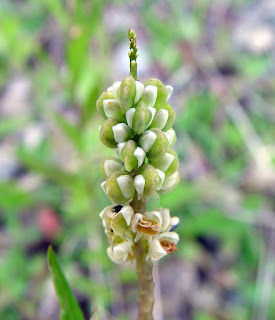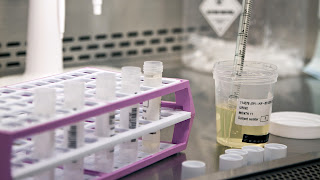HOMEOPATHY FOR PREMENSTRUAL SYNDROME

Premenstrual syndrome or premenstrual tension (PMT- as it has been commonly called) is characterized by a variety of physical, psychological and behavioral symptoms occurring in the second half of menstrual cycle. Typically, the symptoms start after a few days of ovulation, reach a peak about 4-5 days before menstruation and disappear usually around menstruation. The period between menstruation and next ovulation is normal. Causes Exactly what causes premenstrual syndrome is unknown, but several factors may contribute to the condition. · Cyclic changes in hormones. Signs and symptoms of premenstrual syndrome change with hormonal fluctuations and disappear with pregnancy and menopause. · Chemical changes in the brain. Fluctuations of serotonin, a brain chemical (neurotransmitter) that is thought to play a crucial role in mood states, could trigger PMS symptoms. Insufficient amounts of serotonin may contribute to premenstrual depression, as well as fatigue, food cravi



